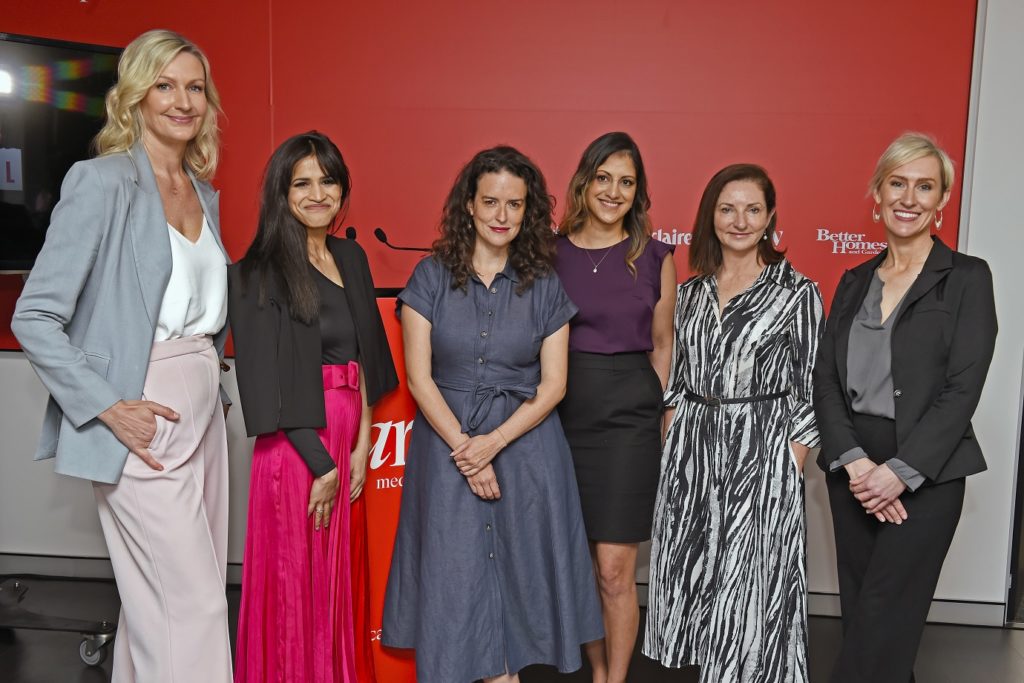Just as a new national poll has revealed wide public support for criminalising coercive control, some of the most prominent voices in the domestic and family violence space have formed a coalition to ramp up the pressure on governments to enact change.
70 per cent of respondents to a White Ribbon Australia national poll say they are supportive of criminalising coercive control, which is the foundational element of domestic abuse towards women.
On Monday, the Criminalise Coercive Control Campaign was launched by a coalition of groups including Women’s Safety NSW, Are Media, White Ribbon Australia, Small Steps 4 Hannah, Queensland Women’s Legal Service, Women’s Community Shelters, Doctor’s Against Violence Towards Women and author of ‘Look What You Made Me Do’ Jess Hill.
The bi-partisan group is calling on state and territory governments to commit to criminalising coercive control, which is a strong precursor to physical assault in domestic abuse situations, by July 2021.
Coercive control refers to a pattern of dominating and controlling behaviour that essentially strips away the victim’s freedoms and sense of self. It can include emotional, psychological and financial abuse and is associated with 99 per cent of cases where a woman is killed by her partner or ex partner.
It involves specific behaviours like domination, degradation, isolation, micromanagement, surveillance, humiliation, and gas-lighting. Currently, behaviours like these are hidden from the justice system, with perpetrators often able to trap their victim in a cycle of abuse.
The coalition wants to see state and territory governments put in place a consultation period with frontline services, as well as survivors of domestic and family violence. They also want a guarantee that necessary resources be provided, and a reform framework be developed, to ensure actors within the system, like judiciary officials and police, are equipped and trained to enforce the law as intended.
This new push comes weeks after the NSW Labor opposition proposed a new bill that would criminalise coercive control, with perpetrators facing between 5 and 10-years jail time.
CEO of Women’s Safety NSW Hayley Foster said it is time the law recognised the most dangerous and damaging aspect of domestic and family violence.
“Criminalising coercive control, with support for police and courts to effect the new laws, will be a pivotal step in our nation’s effort to reduce violence against women and prevent domestic violence homicide,” she said.
NSW Attorney General announces public inquiry
On Tuesday, NSW Attorney General and Minister for the Prevention of Domestic Violence, Mark Speakman, announced the NSW Government would establish a Parliamentary Joint Select Committee to hold a public inquiry, examining coercive control.
The NSW Government has also released a discussion paper, detailing key issues to raise public awareness and inform policy approach.
“The horrific rate of domestic violence murders in Australia remains stubbornly consistent and
coercive and controlling behaviour is a common precursor to intimate partner homicide,” Speakman said on Tuesday.
“Creating a coercive control offence would be a complex though potentially very worthwhile
reform that could help prevent these homicides.
“Thorough research, consultation and careful consideration is crucial to avoid risks such as
misidentifying victims as offenders or capturing behaviour that ought not to be criminalised.”
Speakman said moving away from an incident-based model of prosecution for domestic abuse would be a big change to the current operations of the justice system.
“The appropriate response to this behaviour remains an ongoing challenge for law enforcement and legal minds alike,” he said.
“A new offence may not be the best, or only, way to improve our response to non-physical
forms of domestic abuse.”
There is a petition calling on the government to make coercive control a crime. Sign it here.
***
If you or someone you know is affected by sexual assault, family or domestic violence, call 1800RESPECT on 1800 737 732 or visit www.1800RESPECT.org.au.
In an emergency, call 000.
Image: Nicole Byers, Nithya Reddy, Jess Hill, Karen Williams, Nicky Bridger and Hayley Foster.


